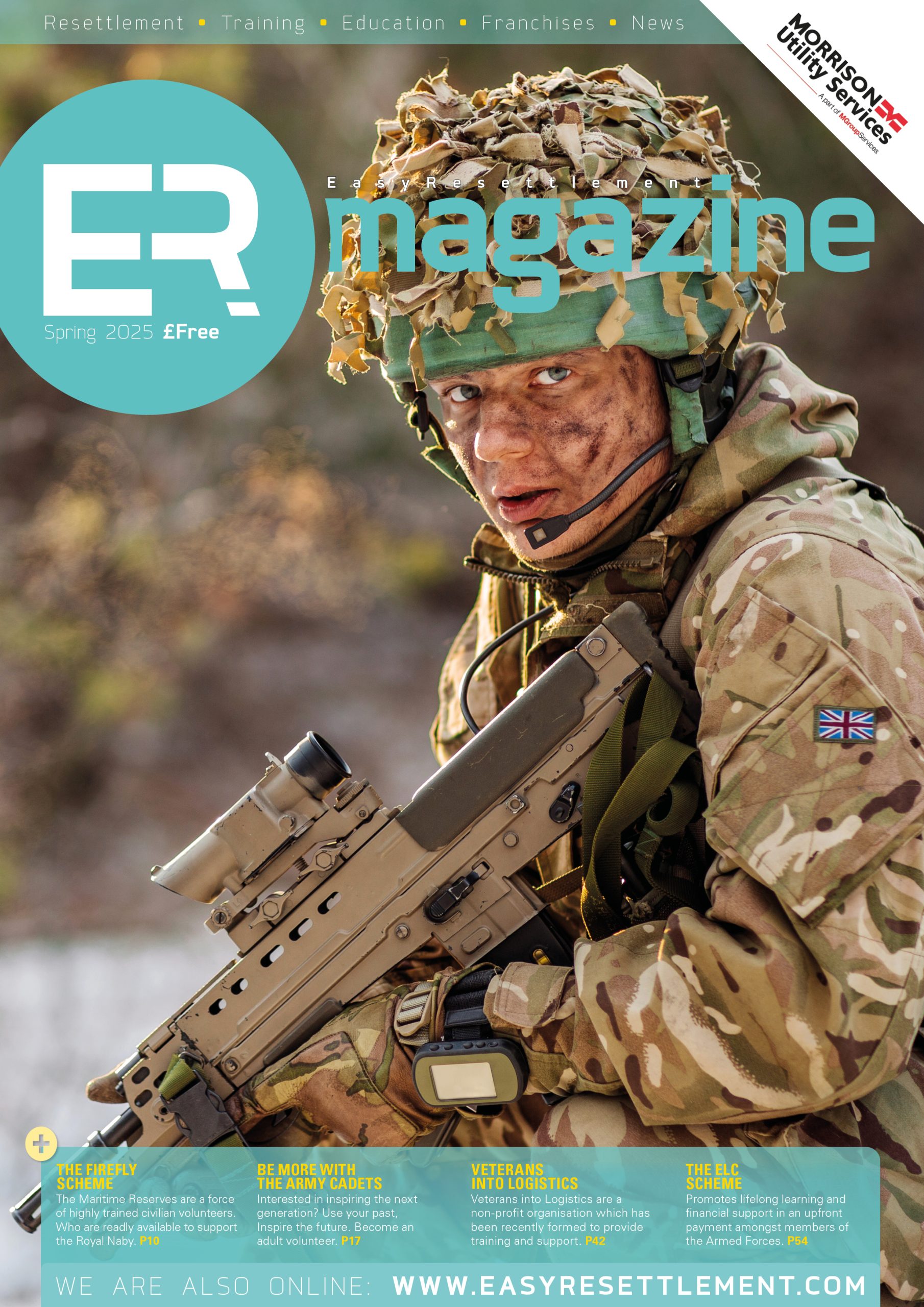Why health and safety could be your next career
By the time members of the armed forces have finished their career in the military they have developed an affinity for discipline to the point where it’s become second nature.
It’s this approach to everyday life which makes them so compatible for health and safety – by taking the necessary steps to avoiding life-threatening and harmful situations.
When transitioning out of the military however, ex-military personnel may not always have the experience they might need to get into organisations right away without having actually done the job.
But more often than not they may have acquired key skills which can be utilised to great effect if given the right role. Indeed, many of the skills forged during an army career can prove invaluable in the transition to civilian life. This can include good communications skills, the ability to problem solve, attention to detail and having strong managerial skills.
What are the opportunities?
The health and safety profession is now more popular than ever. More and more people are entering the field to not only enjoy a long and satisfying career but to also make sure that at the end of a long day’s work, everyone gets home safely.
And with pressure mounting on businesses to maintain a high health and safety performance, the door is wide open for health and safety professionals to make a real impact in the workplace and enjoy a rich and rewarding career at the same time.
Not only that, working in health and safety isn’t just morally rewarding, the average top-end salary advertised this year came in at £47,500, well above the UK national average. But before all this, individuals must develop their career in the field, by expanding their skills and knowledge with an industry recognised qualification.
Which qualifications should you do?
There are two levels of Health and Safety qualification available for individuals to attain, from short introductory courses to higher strategic level courses. Both routes require strong communication skills along with presentation, knowledge management, problem-solving and critical thinking.
The most popular option is NEBOSH (National Examination Board in Occupational Safety and Health) which offers globally recognised vocationally-related qualifications designed to meet health, safety and risk management needs in all places of work. These qualifications include the NEBOSH National Diploma and NEBOSH National General Certificate, both of which are recognised by the Institution of Occupational Safety and Health (IOSH).
In addition to NEBOSH, there are also vocational qualifications available from RoSPAQualifications which provide formal training to learners to move and handle people and objects safely within all industries and areas of work.
Why choose Rospa for training?
RoSPA has over 100 years of safety expertise, offering one of the widest ranges of safety training courses in the UK.
We place client satisfaction at the forefront of what we do. Not only do we have an exceptionally high pass rate, we remain committed to our belief that learning should be an enjoyable experience for delegates.
Our team of expert trainers is our biggest asset. They use a variety of interactive training techniques designed to keep delegates engaged and involved while they learn, many of whom return again and again. Our tailor made solutions also ensure our client’s specific needs are met more exactly than a general course would do.
RoSPA also works with the MOD’s Enhanced Learning Credits Scheme Administration Service (ELCAS), which provides its members with financial support in the pursuit of higher level learning.

